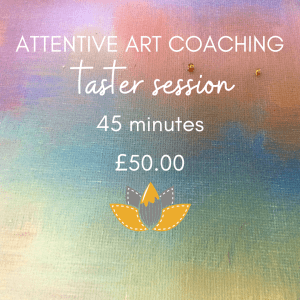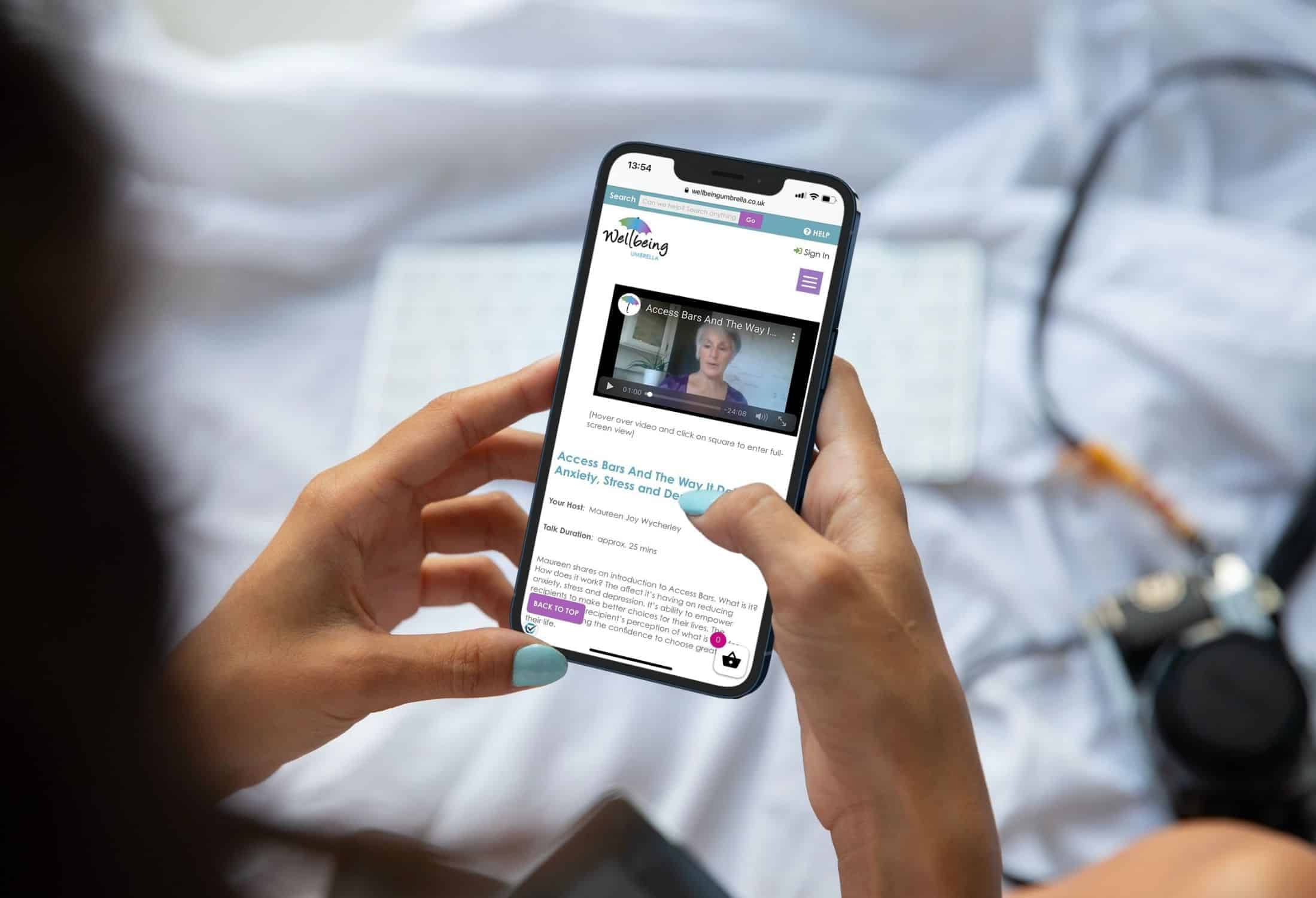Navigating the Maze of Self-Hate
7th Aug 23
Self-hate is such a strong word. Yet so many of us can experience it. It also goes under the guise of self-loathing or self-dislike.
For those that might be immune to its lure, self-hate is that strong intense feeling of dislike, criticism and aversion towards oneself. A loathing that you just can’t seem to shake no matter how much you plead. I should know, I carried such shame for many years.
If you want a definition of self-hate. It is a negative emotional state where individuals develop a highly critical view of their own identity, actions, and capabilities. When you experience self-hate, you tend to focus on perceived flaws, mistakes and shortcomings. Often belittling yourself and feeling unworthy or undeserving of love, success or happiness. Sounds bleak right? Well for those that perceive life that way, it sadly is.
My own negative self-perception was borne out of my past. The inability of my extended family and society’s inability at the time to accept my skin colour and race resulted in me receiving the message that I was defective, disliked and unwanted because of it. Naturally that makes no sense today, but as a child the message went in loud and clear. And one that never got challenged until later in life.
A negative self-perception can be influenced by other various factors too, including past traumas, negative experiences, social comparisons, unrealistic expectations, or repeated negative feedback from others.
Unfortunately, the experience of self-hate for most leads to feelings of hopelessness, anxiety, depression and a lack of self-esteem. Understandably, this can have a knock-on effect that makes it difficult for individuals to form healthy relationships, achieve their goals or maintain their overall well-being. There goes the ‘bleak’ meter again, giving the impression all is lost! It’s not though, I promise.
Powerlessness & Self Hate
There are trillions of unhelpful beliefs generated and believed when you loathe yourself. One of the major beliefs that is spawned from self-hate is that you are powerless. Too helpless and incapable to change or improve things. Throwing all past evidence of perceived failure, unworthiness etc., at you as proof to keep you exactly where you are. But are you really powerless or is it just a belief that you have chosen to believe? A belief that tells you daily that you are ‘powerless’ to change it.
Would you believe me if I said it is literally that? You have received negative messages and content about yourself and chosen to believe they are true. Your trust in the negative beliefs resulted in you gathering further evidence to back up those beliefs, rejecting anything counter to it. That’s what beliefs do.
Hopefully you’re beginning to realise the depth of what beliefs can do and the impact they can have on your life. In that realisation I trust you’ve seen the golden nugget that demonstrates all is not lost. That is that beliefs aren’t permanent and can be changed. Meaning overcoming beliefs around self-hate can and are readily achieved by people daily.
Breaking the Cycle of Self-Hate
The belief in self-hate can feel a complex and challenging emotional state to navigate. That said, it is essential that you tackle it by embarking on a journey of self-discovery to overcome its grip.
Learning to challenge negative thought patterns helps you discover that you were already faultless, loved and worthy. Plus, it helps you to foster self-compassion, self-awareness and self-acceptance. All of which are needed to build a healthier and more positive self-image.
Breaking the cycle of self-hate is a process that takes time and patience. It can also require the support of your family, friends or health professionals. It did me! On that note, here are some valuable tips that helped me with overcoming my own self-hate:
Cultivating Self-Awareness
Developing self-awareness is the first step towards breaking free from the maze of self-hate. Begin by acknowledging and understanding your feelings of self-hate. Recognise the negative self-talk and the triggers that perpetuate these feelings.
Challenge Negative Thoughts
Once you become aware of your negative self-talk, challenge those thoughts. Ask yourself if these thoughts are based on reality or if they are distorted perceptions. Replace self-criticism with kinder and more realistic self-assessments.
Seek Professional Self-Hate Support
Consider seeking help from a therapist or counsellor experienced in self-esteem and self-hate issues. They can provide guidance, support and tools to help you navigate through your emotions and develop healthier coping mechanisms.
Practice Self-Compassion (not self-hate)
Treat yourself with the same kindness and understanding you would offer a friend facing difficulties. Practice self-compassion by acknowledging that everyone makes mistakes and that it’s okay to be imperfect.
Embrace Vulnerability
Allow yourself to be vulnerable and accept that it is a part of being human. Recognise that being vulnerable doesn’t equate to weakness but shows courage and strength in acknowledging your feelings.
Practice Mindfulness
Engage in mindfulness practices such as meditation or deep breathing exercises to become more present and connected with your emotions. This can help you observe your thoughts without judgment and reduce self-criticism.
Journaling and Reflection
Keep a journal to express your emotions and thoughts. Reflect on your progress and personal insights. This process can help you gain clarity and track your journey of self-discovery.
Disclaimer: The information contained on this Site is provided for general educational purposes only and is not intended to diagnose, treat, cure, or prevent any disease or health condition. Please consult a qualified health care professional to diagnose your health condition and prevent self-diagnosis. We do not dispense medical advice or prescribe or diagnose illness. Read full medical and health disclaimer.


























